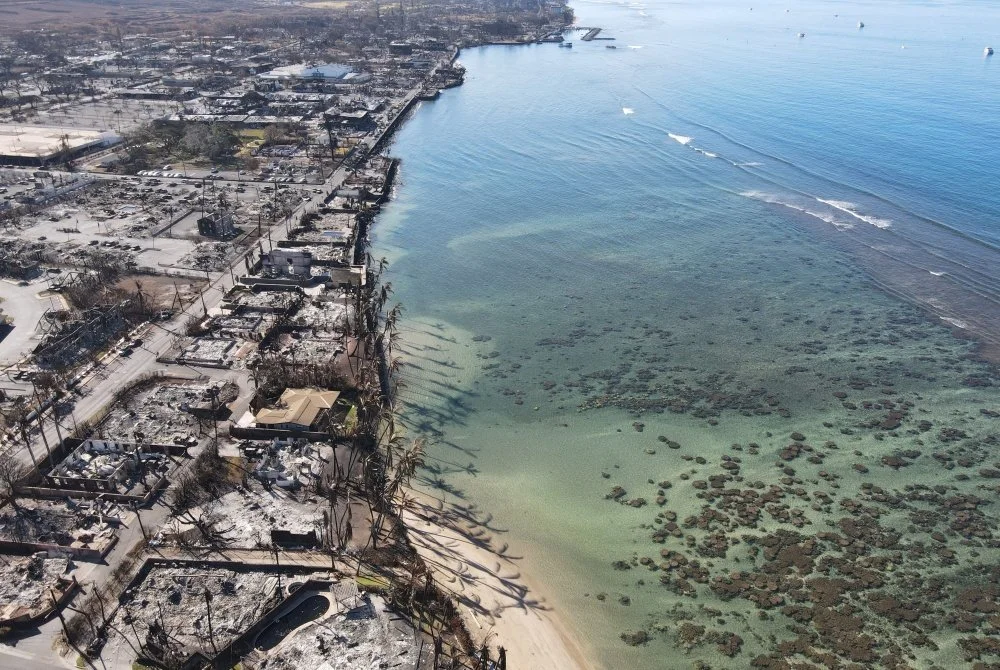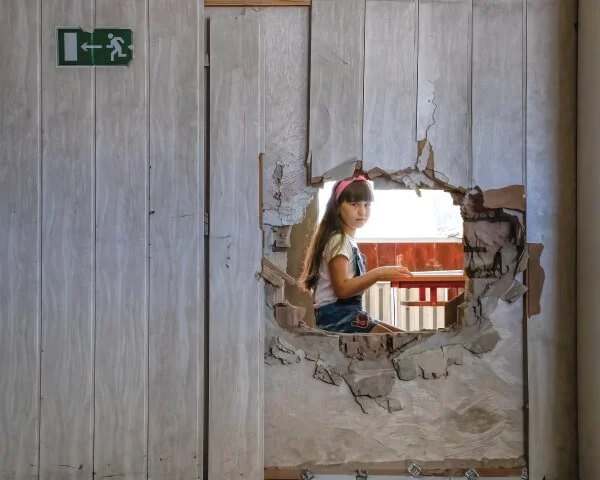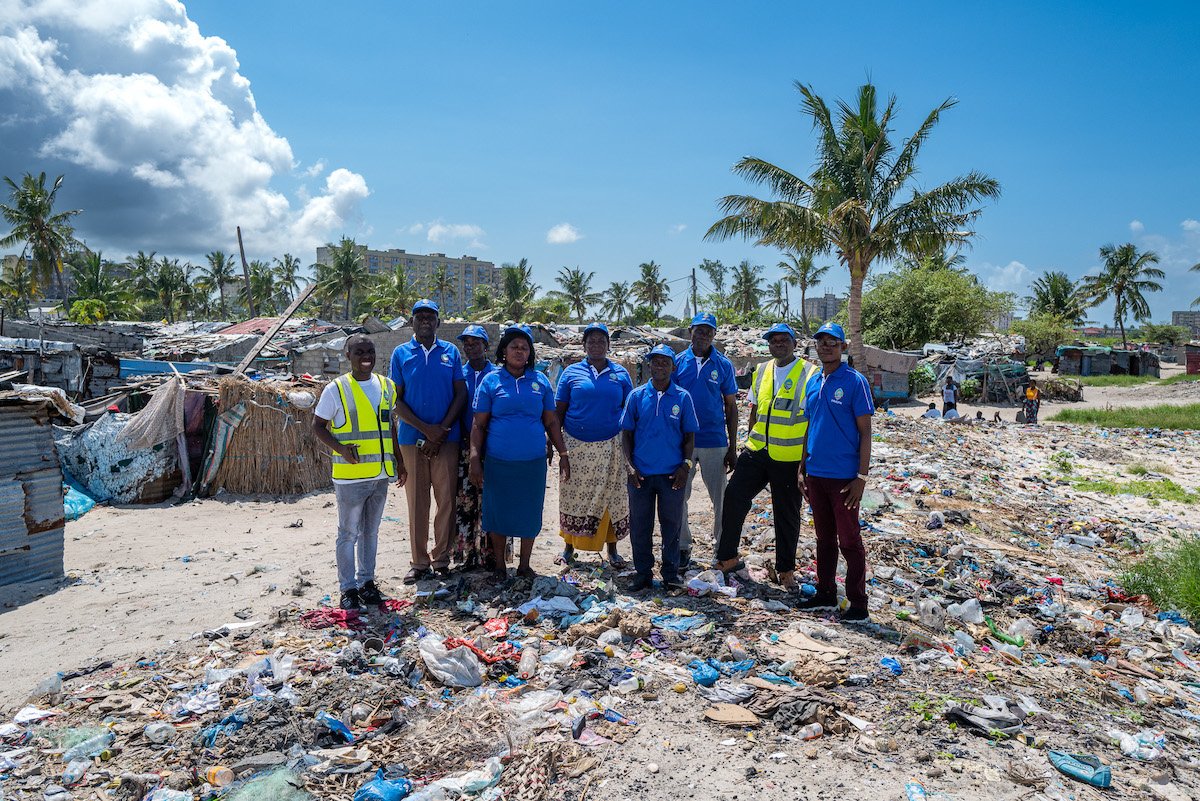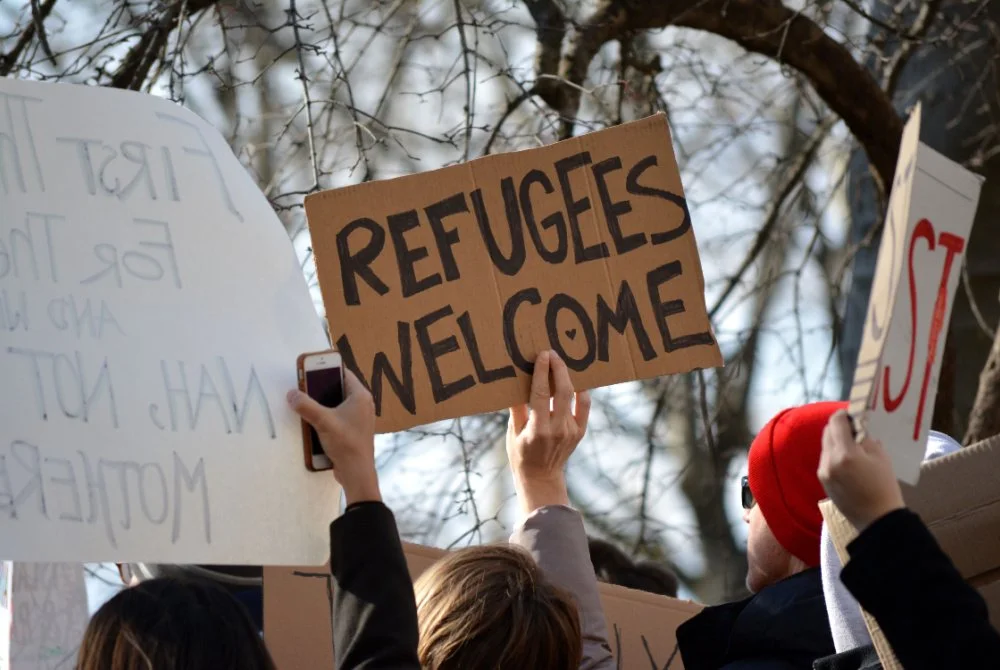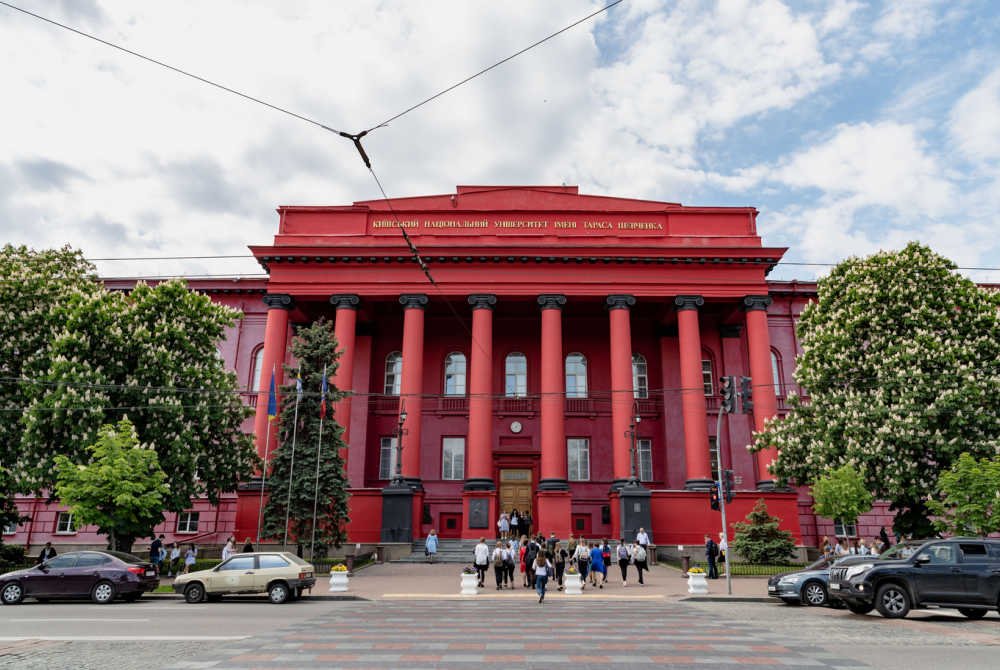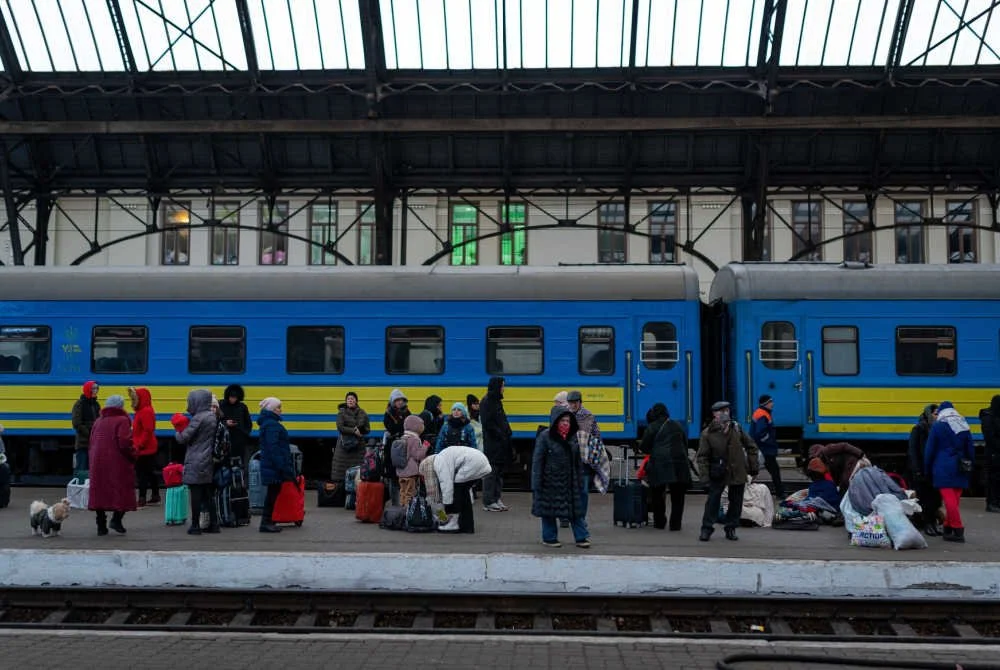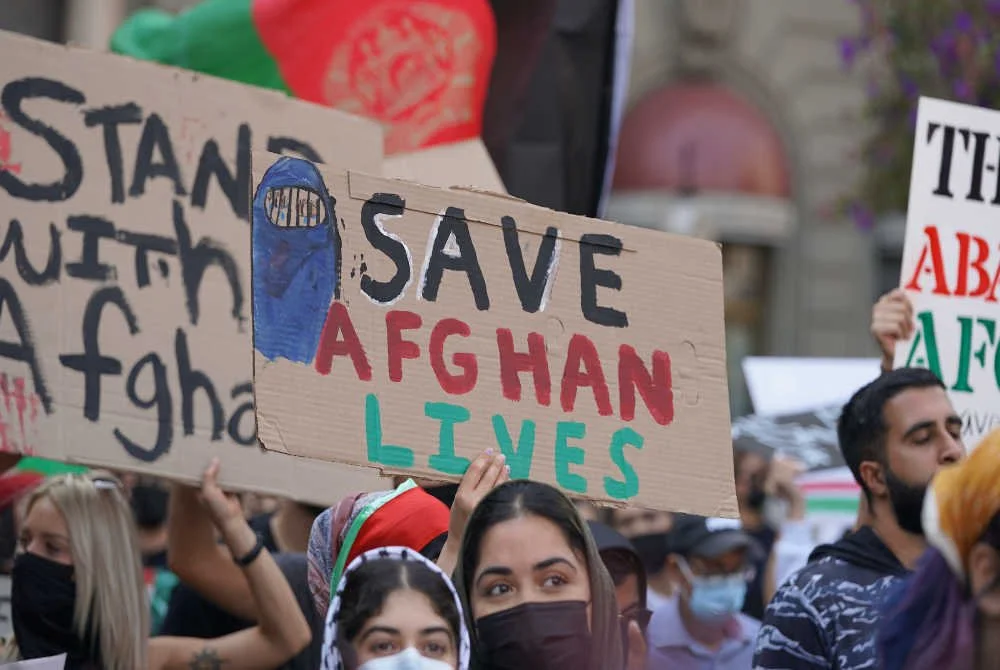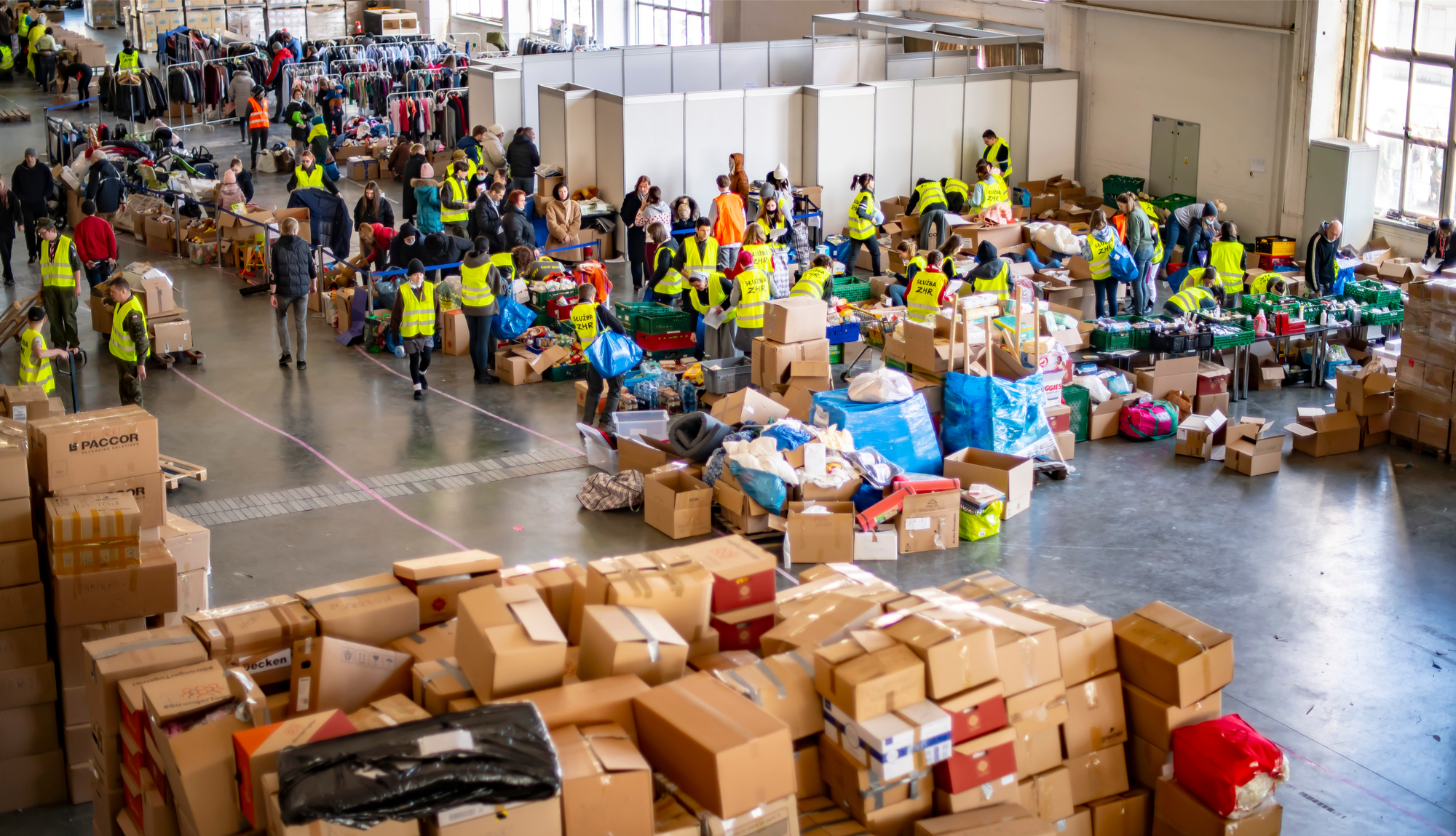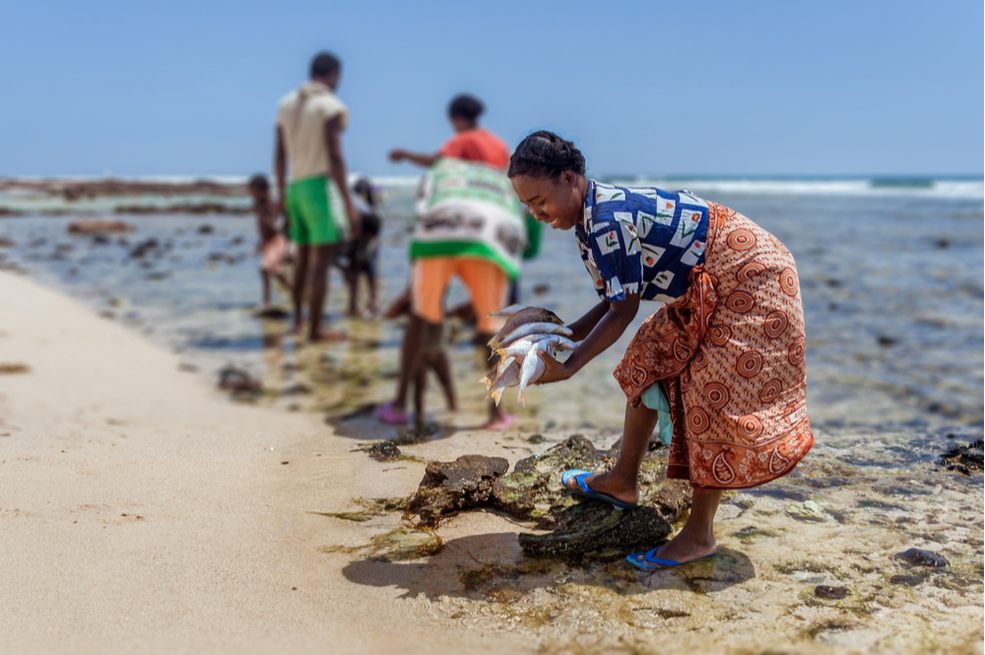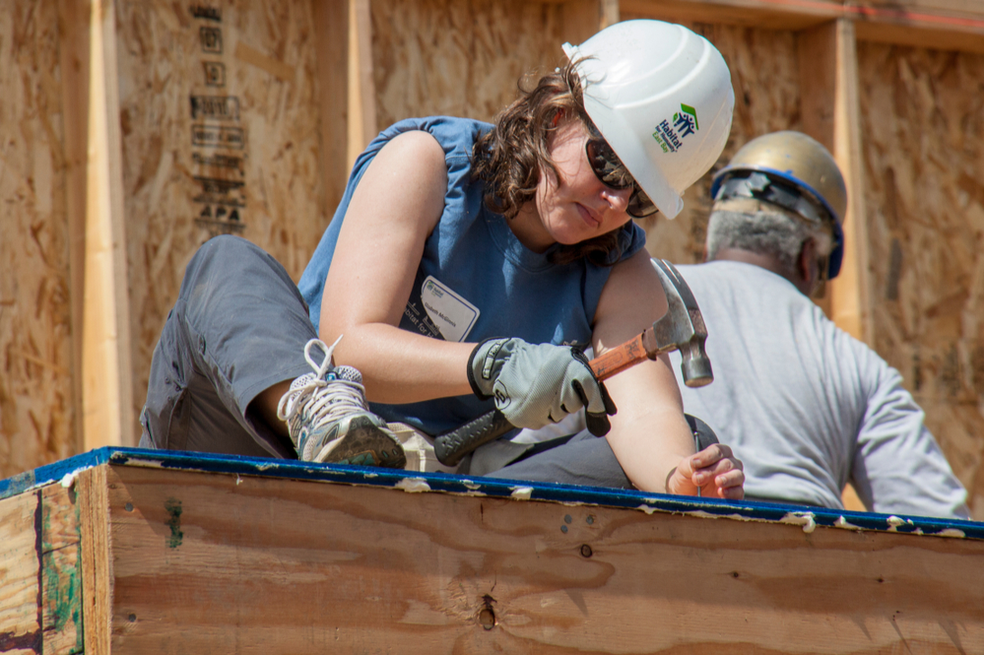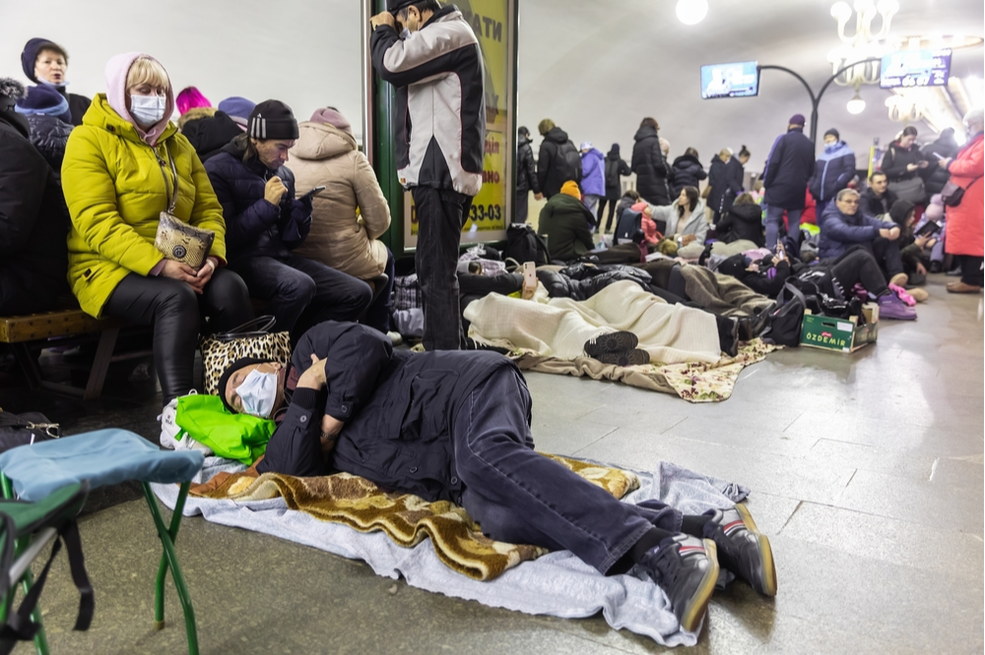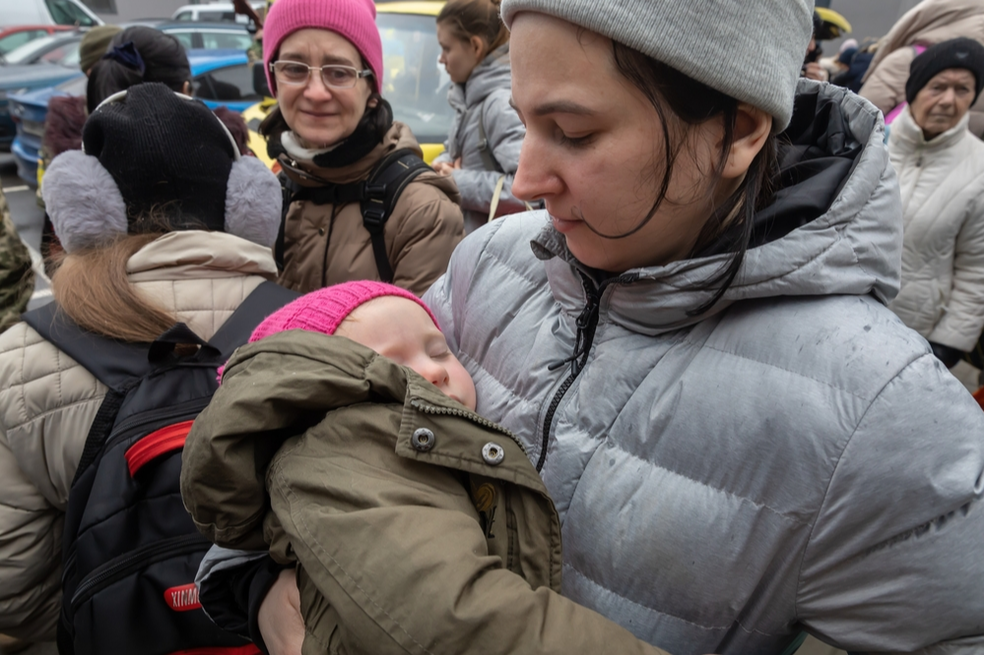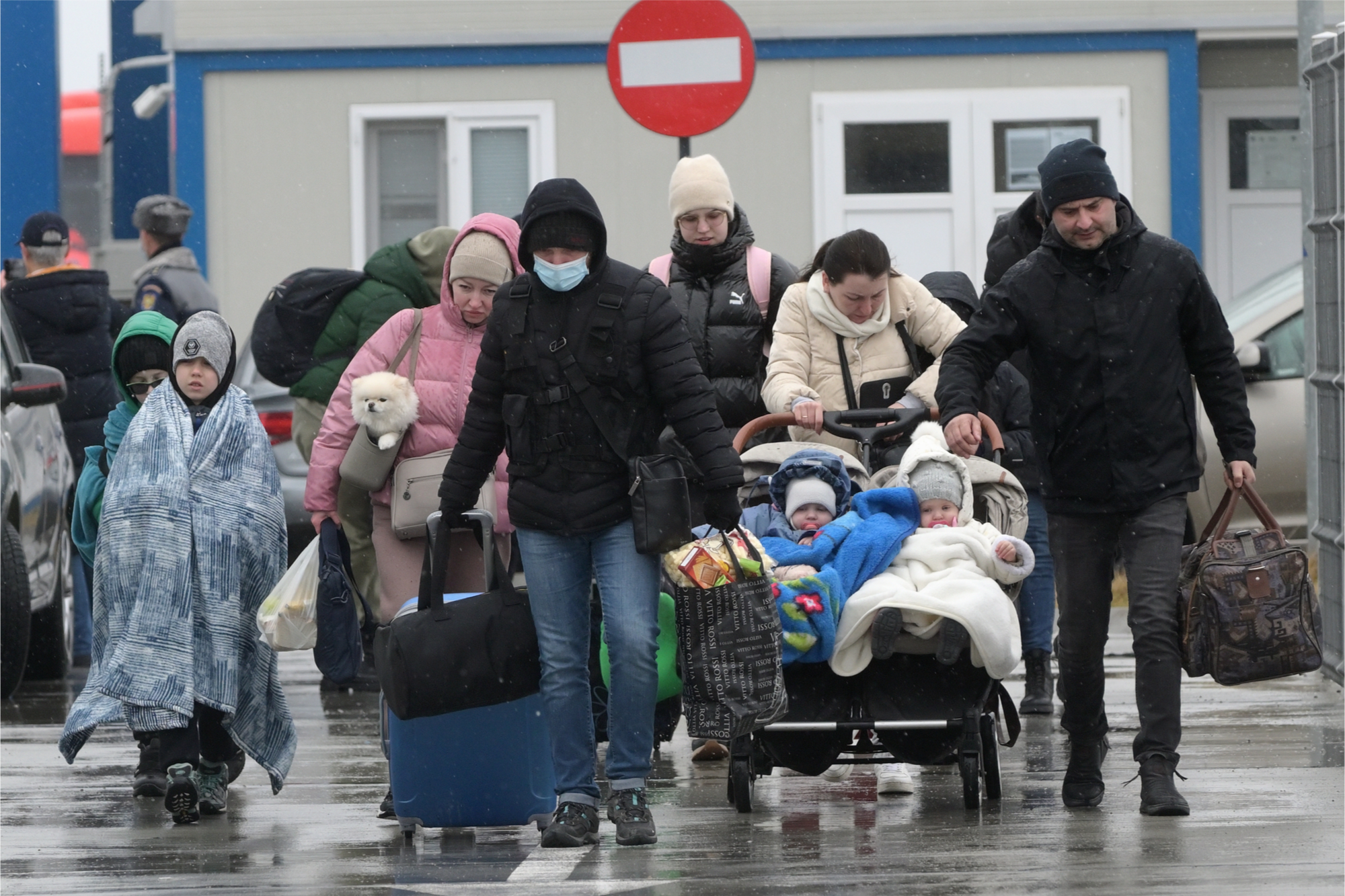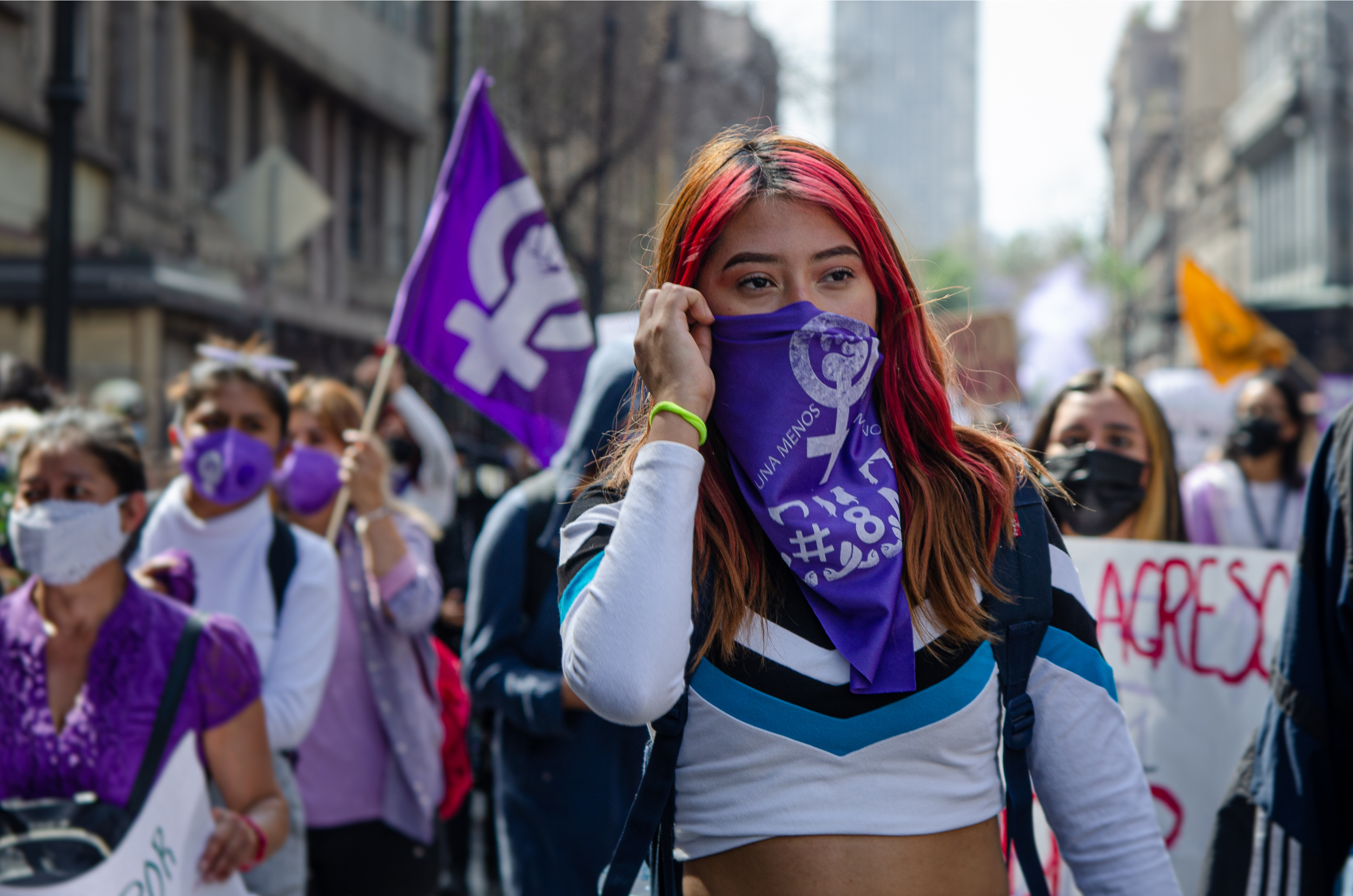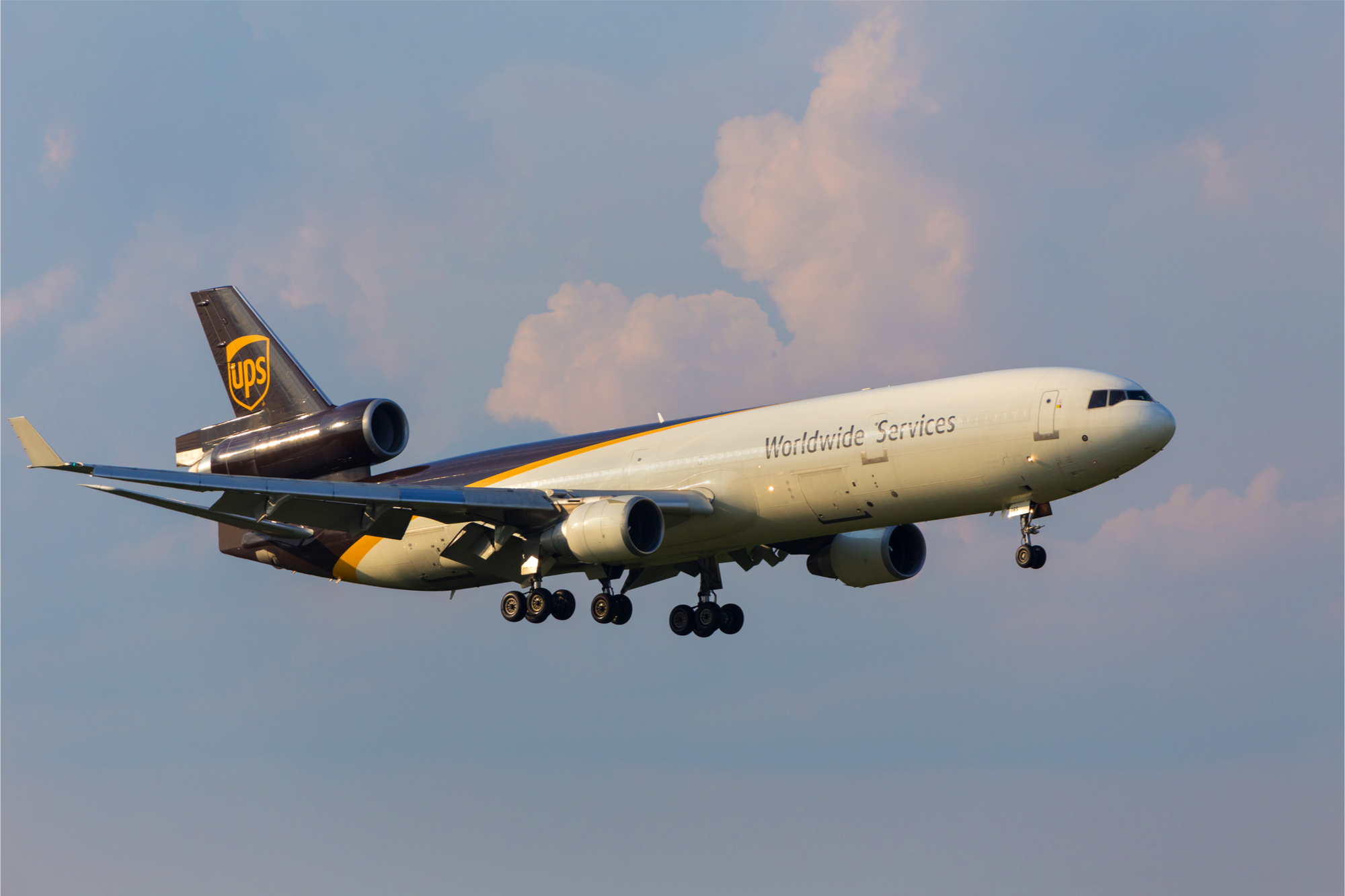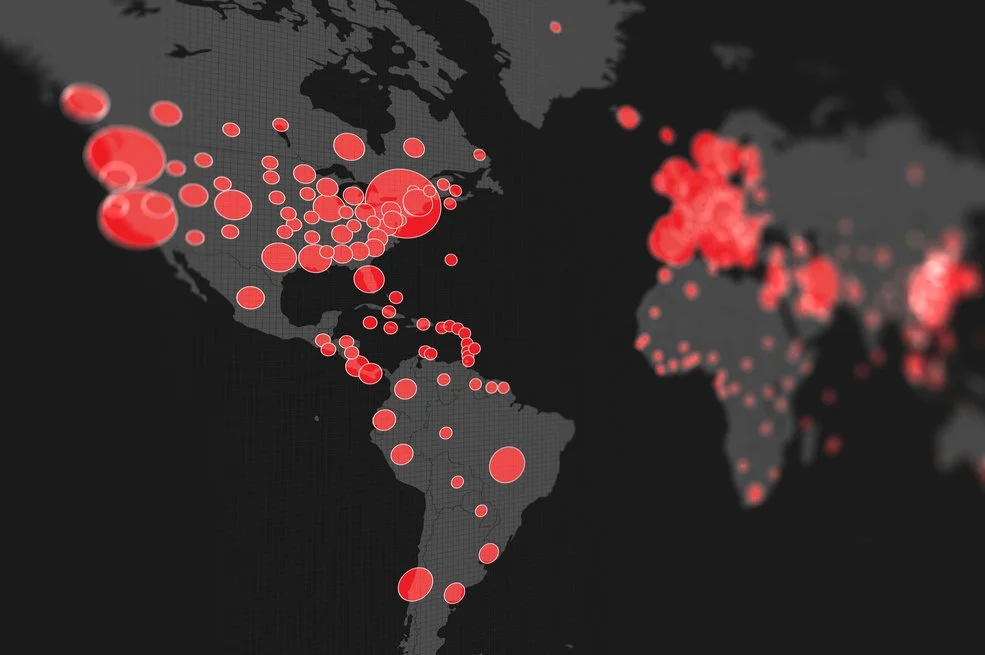Small Casualties of War: Who Cares About Educating Refugee Kids?
/syrian children. photo: Din Mohd Yaman/shutterstock
When it comes to celebrity activism, George Clooney is the real deal. He's a hardworking and savvy operator who's used his fame, time and money to tackle some of the toughest problems in the world, like the recurring brutal wars in Africa.
And since his 2014 marriage to Amal Alamuddin, a human rights lawyer, Clooney's philanthropy has kept evolving. The couple founded the Clooney Foundation for Justice in 2016 with the overarching goal to “advance justice in courtrooms, communities, and classrooms around the world.” The devastation of war remains top of mind for the couple. In September 2016, their foundation announced its plans to launch an ambitious education initiative aimed at all out-of-school children in Lebanon with a strong focus on Syrian refugee children.
While the numbers continue to grow, some 5.1 million Syrians have fled the country due to conflict, 6.3 million are internally displaced, and about half of those affected are children. At around 1 million people, Lebanon hosts one of the world’s largest Syrian refugee populations. And despite the strong efforts of the Lebanese government to get refugee kids into the classroom, it’s estimated that of the 500,000 Syrian refugee children in Lebanon, 200,000 of them are not enrolled in school.
Related:
- An Ongoing “Collective Failure” on Refugees, But With Some Philanthropic Heroes
- Flexible and Responsive: How One funder is Helping Refugees
- Thinking Outside the Tent: How These Funders Approach the Refugee Crisis Differently
Last year, the Clooney Foundation for Justice joined forces with the global education management company SABIS, as well as Google.org, Virgin Unite and the Radcliffe Foundation to begin rolling out their education strategy, which will occur in specific phases, with the goal of opening the first schools in September 2017.
During the first phase, the plan is to enroll between 5,000 and 10,000 out-of-school children. In the following years, the foundation will open additional schools to accommodate up to 50,000 students per year. The Clooney Foundation and other funders in the mix granted a total of $7 million in start-up funding for the project, and so far, it looks like things are right on track for opening the first schools in just a few short weeks.
The Clooney Foundation recently announced a $2.25 million partnership with UNICEF to help seven public schools provide educational opportunities to around 3,000 Syrian refugees in Lebanon. The partnership includes a $1 million grant from Google.org and a technology grant from Hewlett-Packard. The partnership also reportedly supports a pilot program using technology in schools to “advance the learning outcomes for refugee children and Lebanese youth.”
We've reported before on the urgent challenge of educating refugee children and why this issue is so important. According to UNHCR, nearly 4 million displaced children worldwide are not in school, since refugee camps often lack such basic services. UNHCR has repeatedly called on private donors worldwide to finance education for refugee children. Few have responded, and sizable gifts earmarked specifically for this issue are few and far between. “Refugee education is sorely neglected, when it is one of the few opportunities we have to transform and build the next generation so they can change the fortunes of the tens of millions of forcibly displaced people globally,” Filippo Grandi, the chief of UNHCR, has said.
Beyond the Clooney Foundation and other funders involved in this new partnership, there's a short list of funders paying attention to education for refugees. One is Pearson Education, which partnered with Save the Children on a $1.8 million education project for Syrian refugees and vulnerable Jordanian kids. The Norwegian telecom company Telenor ASA donated just under $100,000 to UNICEF's education initiatives in Jordan and Visa Europe donated $1.2 million to Save the Children to support its ongoing work with refugee children, while Visa Poland earmarked $90,000 for refugee children in Turkey. Additional funders paying attention here are Johnson & Johnson, which has pledged $1.7 million for refugees in Turkey and Europe and the Western Union Foundation, which has stepped up with grants as well as donating 150 laptops to five schools and Greece and Lebanon with plans to give away 60 more to two schools in Jordan.
It's been estimated that only around 2 percent of all humanitarian aid is dedicated to education.
Related: As Western Union Foundation Shifts its Education Giving, Refugees Loom Large



